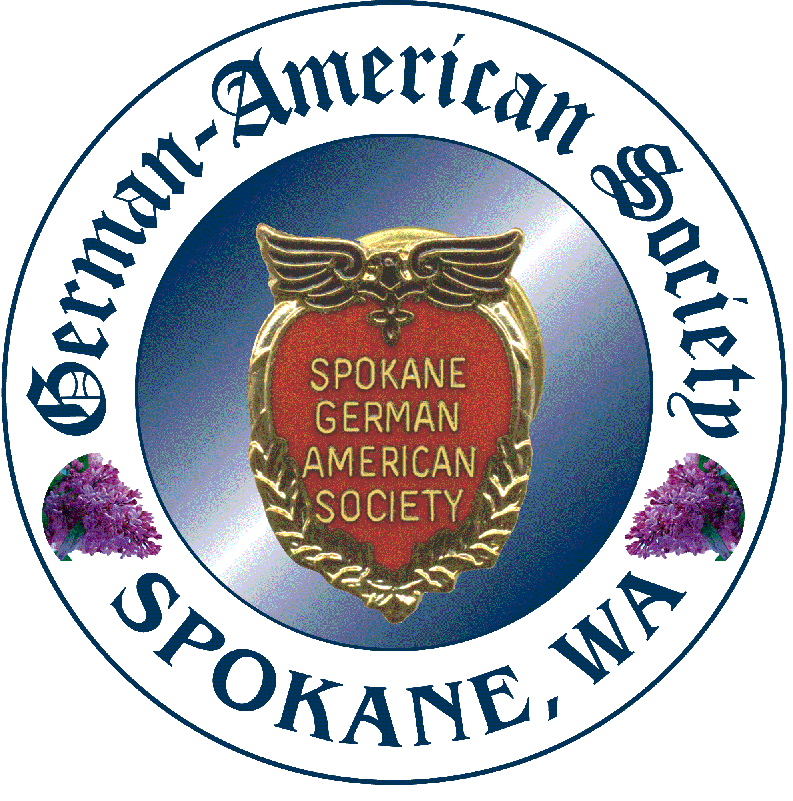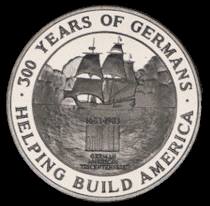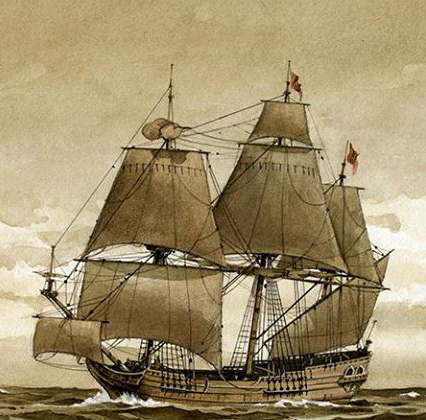Here's an excerpt from President Ronald Reagan's 1987 German-American Day proclamation: "The United States has embraced a vast array of German traditions, institutions, and influences. Many of these have become so accepted as parts of our way of life that their ethnic origin has been obscured. For instance, Christmas trees and Broadway musicals are familiar features of American society. Our kindergartens, graduate schools, the social security system, and labor unions are all based on models derived from Germany.
German teachers, musicians, and enthusiastic amateurs have left an indelible imprint on classical music, hymns, choral singing, and marching bands in our country. In architecture and design, German contributions include the modern suspension bridge, Bauhaus, and Jugendstil. German-American scientists have helped make the United States the world's pioneer in research and technology. The American work ethic, a major factor in the rapid rise of the United States to preeminence in agriculture and industry, owes much to German-Americans' commitment to excellence."
President Reagan's 1987 proclamation went on to point out that the German-American connection has not been only a one-way exchange: "For more than three centuries, Germans have helped build, invigorate, and strengthen this country. But the United States has given as well as received. Just a generation ago, America conceived of and swiftly implemented the Marshall Plan, which helped the new German democracy rise from the rubble of war to become a beacon of democracy in Central Europe. The Berlin Airlift demonstrated the American commitment to the defense of freedom when, still recovering from war, Berlin was threatened by strangulation from the Soviets."
The American German-American Day is not the only German-related day in October. Below is a calendar of October observations. On the next page you'll find suggested classroom or individual project activities for learning more about the German contributions to life in the United States and elsewhere.
Oktober - Special Days in October
Day of German Unity (Tag der Deutschen Einheit) -
October 3
This official German holiday commemorates Germany's
reunification in 1990, when East and West Germany once again
became one country known as die Bundesrepublik Deutschland
(the Federal Republic of Germany). The date reflects the signing
of the reunification treaty rather than the actual date of the
1989 opening of the Berlin Wall. Unfortunately, November 9th is
also the date of another event in German history,
Kristallnacht or the Night of Broken Glass, when Jewish
synagogues and shops were attacked and store windows of
Jewish-owned stores were smashed in 1938. So now October 3 is
Germany's national holiday.
German-American Day - October 6
The first German-American Day was proclaimed by President Ronald
Reagan in 1983 for the 300th anniversary of the arrival of 13
German families on board a sailing vessel named "Concord" (the
"German Mayflower"). The Germans from Krefeld landed in
Philadelphia on October 6, 1683 and founded Germantown,
Pennsylvania (now part of Philadelphia). In 1987, after a
campaign by German-American organizations, Congress made October
6 an official day of commemoration and President Reagan signed
the proclamation quoted above. - Also see:
Famous German-Americans.
German Pioneers Day (Ontario, Canada) - Day after
Canadian Thanksgiving (October)
A law passed by the Ontario provincial Legislative Assembly in
2000 proclaimed the annual celebration of the German
contributions to Canada on the day after
Canadian Thanksgiving (the second Monday in October). The
celebration, held in connection with Kitchener's annual
Oktoberfest, actually includes Austrian and other Germanic
ethnic groups.



